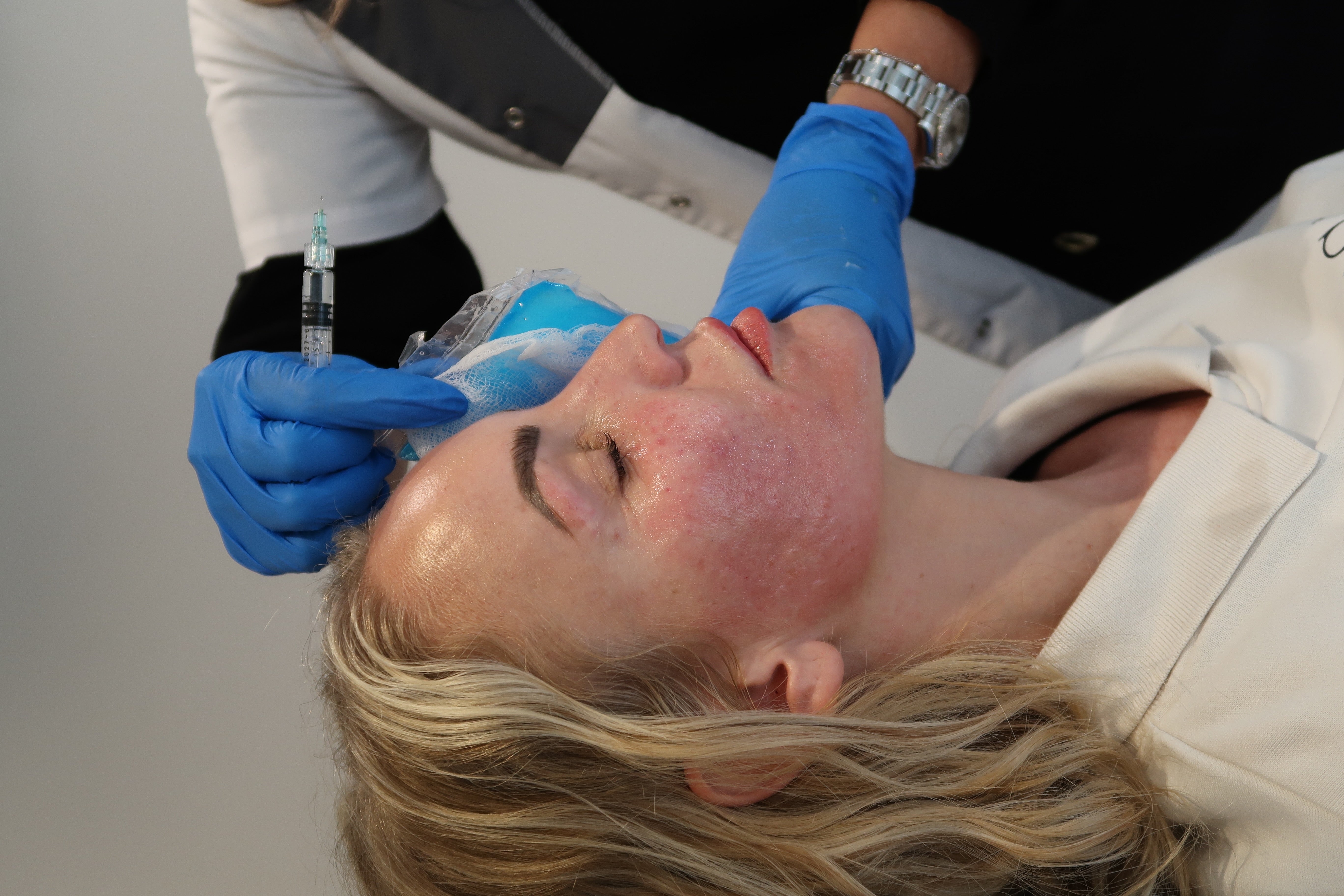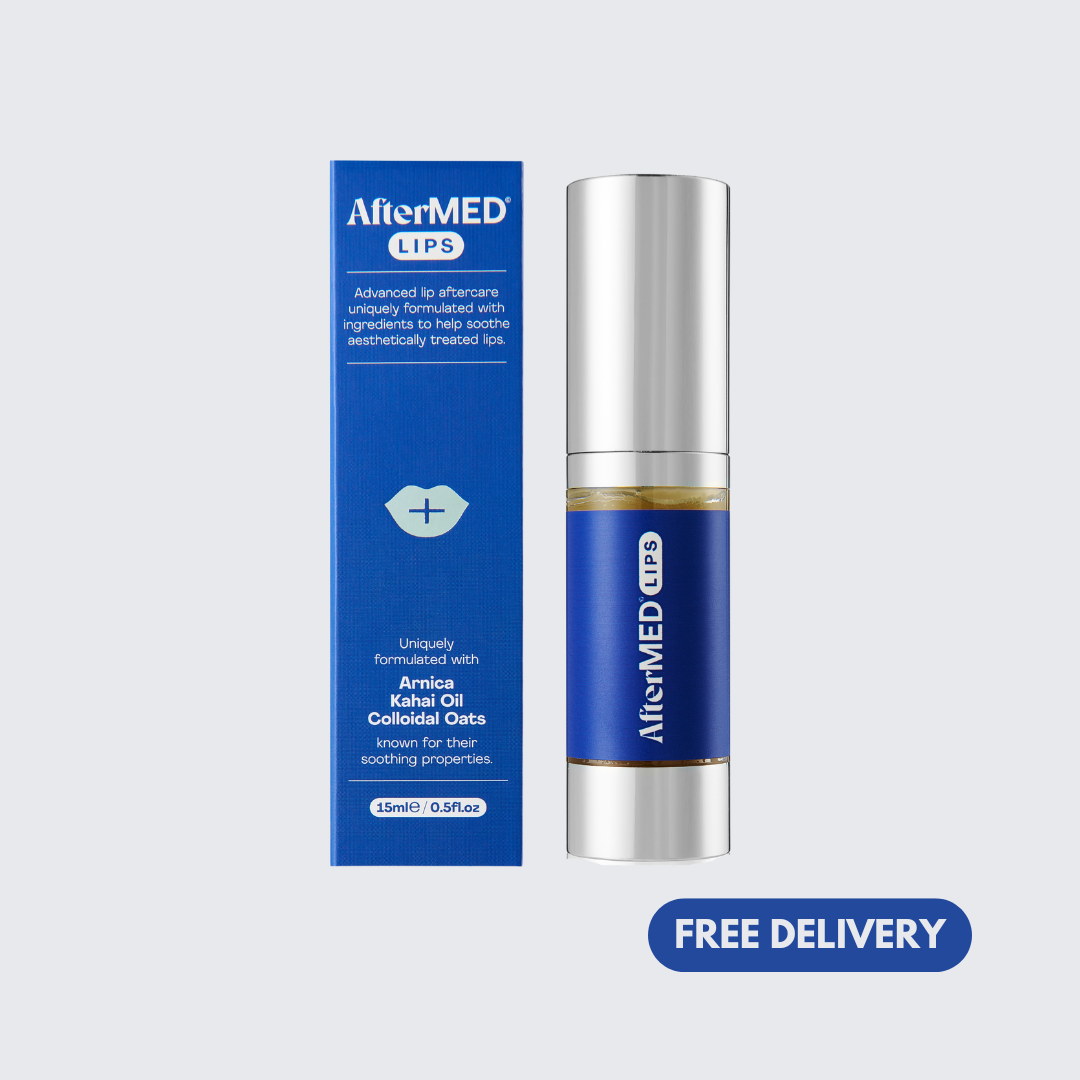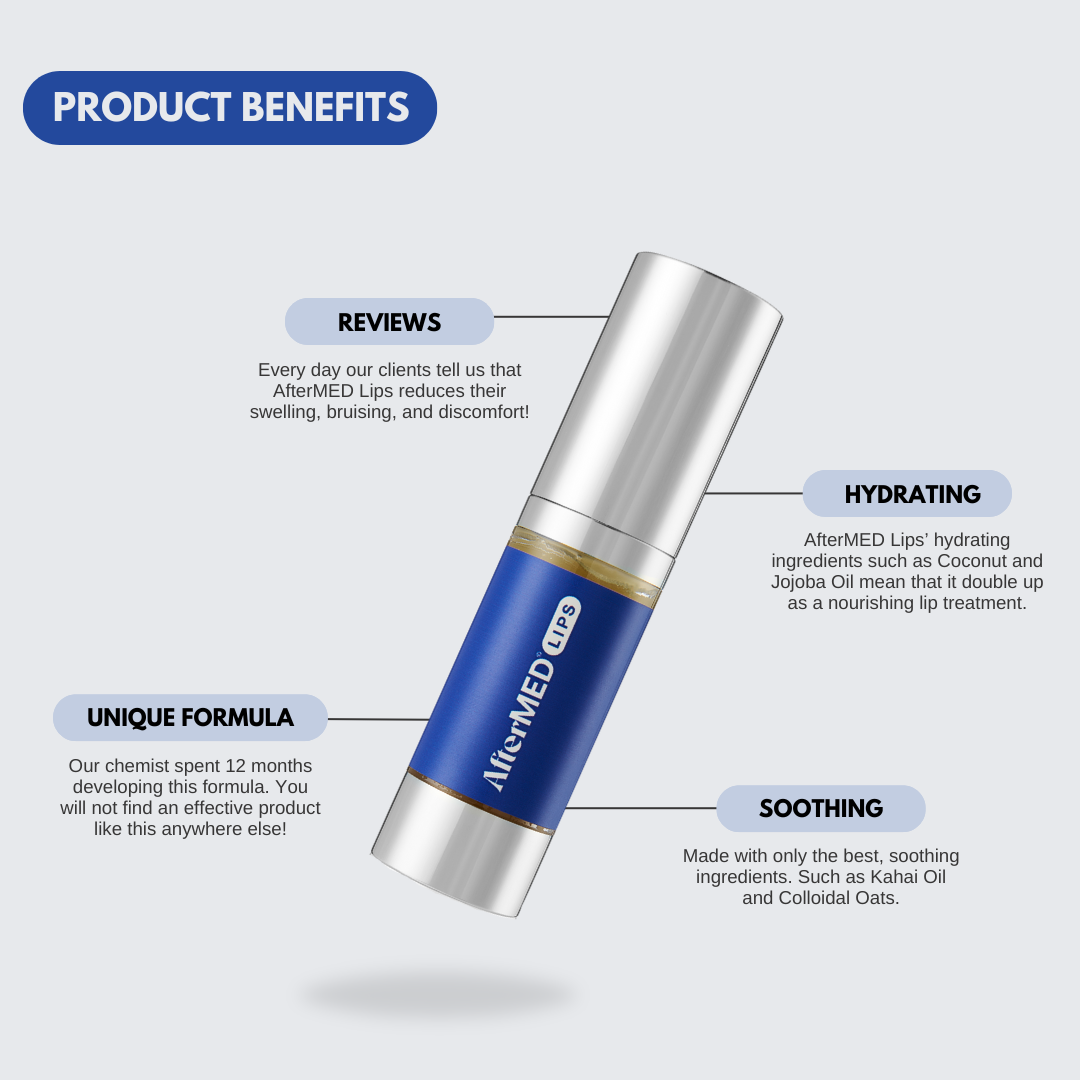Article: Polynucleotides – What Are They?

Polynucleotides – What Are They?
As skin rejuvenation technology and regenerative aesthetics advances, polynucleotides have emerged as one of the most exciting bio-stimulatory ingredients. But what are they exactly—and why are they gaining so much traction among aesthetic practitioners?
What Are Polynucleotides?
Polynucleotides (PNs) are fragments of genetic material, typically extracted from salmon DNA, which is highly compatible with human tissue.
Unlike dermal fillers that focus on volume or neurotoxins that reduce muscle movement, polynucleotides work at a cellular level, targeting the health and quality of the skin itself.
How Do They Work?
Polynucleotides act by stimulating fibroblasts—the cells responsible for producing collagen and elastin—encouraging natural regeneration and repair. This makes them ideal for treating fine lines, thin or damaged skin, acne scarring, under-eye concerns, and even hair loss.
Why Are Polynucleotides Trending?
Their appeal lies in their ability to enhance skin quality without altering facial structure. This makes them an attractive choice for clients seeking natural, subtle improvements and for those who may be hesitant to try more invasive injectables.
Additionally, polynucleotide treatments are:
-
Low risk of adverse reactions
-
Suitable for all skin types
-
Safe to combine with other treatments like microneedling, PRP, or energy-based devices
Treatment Areas
Polynucleotides are incredibly versatile and can be used across various areas:
-
Under-eyes (for dark circles and crepey texture)
-
Face and neck (for overall rejuvenation)
-
Décolletage and hands (for sun damage or ageing)
-
Scalp (for hair restoration support)
Post-Treatment Care
Clients should avoid excessive sun exposure, saunas, and strenuous exercise for at least 48 hours post-procedure.
Using supportive skincare products is also highly recommended. AfterMED Lips, although originally designed for lip treatments, has soothing and regenerative properties that can aid in calming treated areas and promoting faster skin recovery. Its hydrating formula also helps to maintain skin comfort and integrity in the days following treatment.
Immediately after Polynucleotides and 15 minutes later with AfterMED Lips.

Conclusion
Polynucleotides represent a new generation of regenerative skincare—one that prioritises skin health from within. As more clients seek natural-looking results and long-term improvements in skin quality, polynucleotides offer a powerful, science-backed option for clinics looking to stay at the forefront of aesthetic innovation.
Let us know your thoughts on Polynucleotides below.










Leave a comment
This site is protected by hCaptcha and the hCaptcha Privacy Policy and Terms of Service apply.